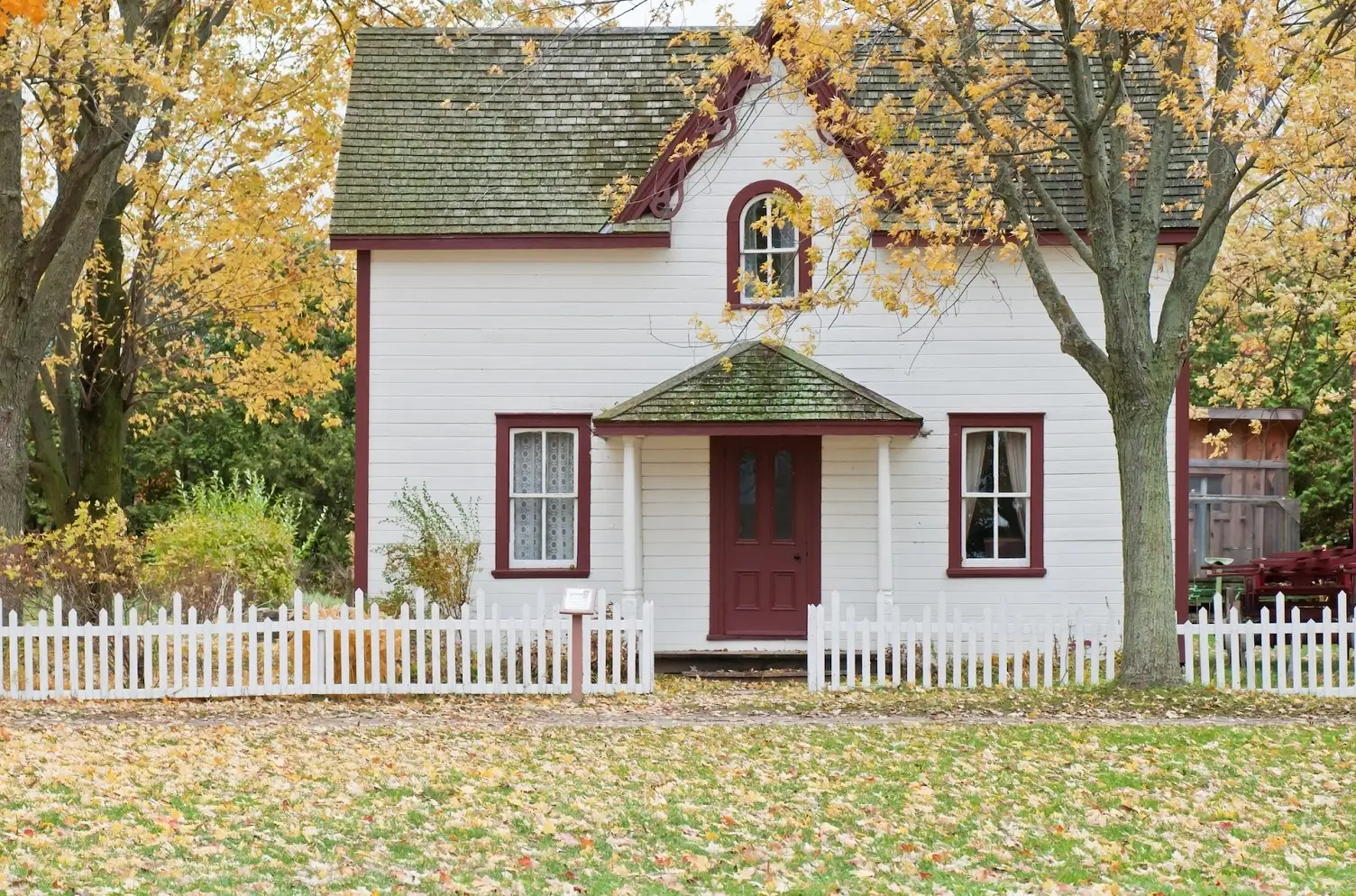What Lies Ahead for UK House Prices in 2023?

Over the past two decades, the UK has witnessed an astounding surge in house prices, with the average home value skyrocketing by a remarkable 207%. This phenomenal growth was primarily fueled by demand consistently outpacing supply. For context, consider that in 1999, the average house price was a modest £91,999, yet it soared to a staggering £295,903 by August 2022.
However, there are growing concerns that this prolonged era of growth might be approaching a turning point, raising the question of whether UK house prices will experience a sustained decline in 2023.
Is the UK Entering a New Era of House Price Trends?
There are clear indications pointing to the possibility of change looming ahead. The Office for Budget Responsibility (OBR), a well-respected organisation overseeing financial matters, is currently envisioning a notable 10% decline in UK house prices over the next ten years. The catalyst for this projected transformation can be traced back to the tumultuous aftermath of the ill-fated mini-budget in September 2022. This pivotal moment set in motion a sequence of monthly house price declines, marking a departure from the peak values witnessed in August. While the astounding surge in house prices during the pandemic, where average price increments reached an unprecedented 10%, was perceived as unsustainable, a course correction became an inevitability.
The Magnitude of the House Price Decline
In April 2023, the latest housing report from Nationwide Building Society unveiled a slight dip of 0.8% in house prices from February to March. Consequently, the average UK house price now stands at £257,122. This signifies a year-on-year decrease of 3.1%.
The waning interest in property purchases is also attributed to the ongoing cost of living crisis, with many individuals focusing on financial restraint rather than investing in larger or newer homes. A 40% decrease in mortgage approvals compared to the previous year, influenced by the Bank of England's base rate hikes, appears to corroborate this hypothesis.
Nevertheless, it's crucial to underscore that contradictory accounts present a brighter perspective. According to Halifax's latest findings, there was a noteworthy 1.1% upswing in house prices during February, liberating them from the previous month's stagnant state. Similarly, Rightmove's latest data demonstrates a moderate 0.8% uptick in house prices during the same February period.
Navigating the Housing Market in 2023
Zoopla's Q1 2023 house price index update indicates that house price inflation has slowed to 4.1%, with house prices now 1% lower than they were in October 2022. Notwithstanding this slowdown, the housing market continues to display resilience, with an anticipated one million property sales expected in 2023. This positive outlook is backed by a significant 65% rise in the number of homes available for sale compared to the previous year. This suggests a potential equilibrium emerging between supply and demand in the market.
If you're contemplating a move in the current climate, it's essential to carefully evaluate your financial position, particularly your mortgage arrangements. Consult with a mortgage brokers to gain insights into the potential costs involved and to assess your ability to manage the current borrowing expenses.
Additionally, there are proactive measures you can adopt to increase your property's value if you contemplate listing it for sale down the road. It's essential to bear in mind that relocating is a substantial, long-term commitment. If you harbour apprehensions regarding the current interest rates and their implications for your mortgage, consulting a mortgage brokers can offer you valuable insights and peace of mind, possibly reaffirming that your planned move remains a feasible and valuable pursuit.
Related Posts
Ask the Expert
Mortgage Brokers


_7779.jpg)

